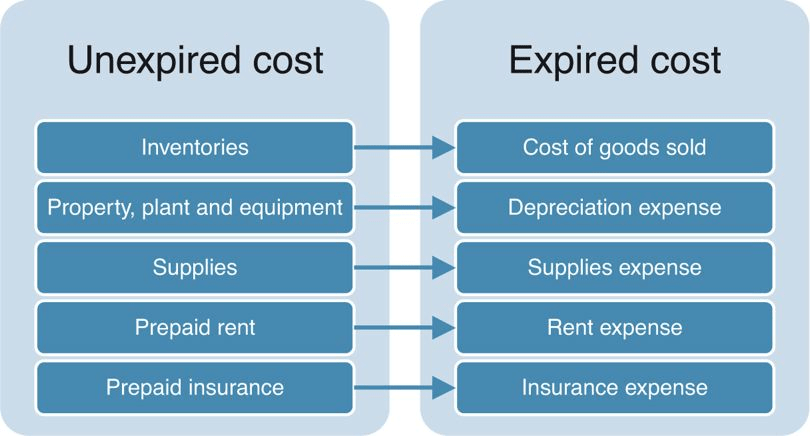Comparing Condos vs. Co-ops: What Are the Key Differences?
Nov 19, 2023 By Susan Kelly
The number of community associations has increased rapidly over the previous year and is now estimated to be between 352,000 and 354,000. The Community Organizations Institute estimates that almost 74 million Americans already reside in community associations. Condominium associations and cooperative housing associations are two of the most prevalent examples of these groups. The comparison between the two is detailed below.
What Is a Condo?
In Toronto, condos are a popular choice among residents. To put it simply, they are dwellings that are part of a larger community or structure; the owner will have title to their specific unit rather than the whole property. All property owners have the right to use the common spaces, but they do not share in the ownership of such places. You may acquire a variety of locations, such as a parking spot, a storage facility, etc.
Maintenance
Condominium owners must pay a monthly maintenance charge to cover the costs of upkeep for shared spaces, services, and amenities. The security fees will also be included in the total price. Since not all residents will likely make use of the shared spaces, you may worry that the upkeep costs are too expensive. However, since there are many individuals living in a condo complex, the maintenance charge is well distributed, resulting in very low per-person costs for all of the facilities.
Restrictions
There are a few constraints that come with condo living. There might be restrictions on things like pet ownership and subletting. Typically, condo associations have strict rules on unit transfers. A condo association's residents must respect the association's financial policies and comply with its bylaws.
Difference in costs
Condominium prices are often higher than co-op rates when calculated per square foot. The average price of a condominium in Canada was $452,451, up 3.8% over the previous year (1). Condominiums, on the other hand, have simpler financing requirements since they don't need a mortgage. Typically, condo fees are also less expensive. While condominiums often have a greater property tax than co-ops, co-ops seldom have a property tax.
What are Co-ops?

Co-op ownership is distinct from condo ownership in a number of important respects. A co-op requires the buyer to invest in the cooperative that owns the building in order to acquire ownership of the unit. A co-op board of directors is accountable for the majority of the management decisions, much as a condo's condo council.
Maintenance
A co-op often has lower monthly maintenance costs than a condominium. However, co-op members are still responsible for paying their monthly maintenance costs. Instead, the monthly maintenance charge in this situation is paid for by the co-op shareholders themselves.
Restrictions
Individual units provide you with more customization than condos. You will have the same rights as a shareholder in a cooperative housing organization, including the ability to construct additions and make alterations to the property in accordance with the conditions of your lease with the corporation. Because co-op members really own a piece of the building, they are free from many of the constraints that apply to renting an apartment.
Difference in costs

In comparison to condos, co-ops are far more affordable. If you meet the requirements set out by the management board of the co-parent op's company, and if the board approves your purchase of a unit, then you will have a co-op. Co-ops often sell for around half of what comparable condos would cost. Additionally, since individual shareholders are involved in a co-op, purchasers are given greater responsibility and influence. However, getting a co-op mortgage is still difficult since many banks need a larger down payment.
Conclusion
Considering how long you want to stay in the condo or co-op is the first step in deciding which is more practical for you, given the benefits and drawbacks of each. Long-term tenants may save a significant amount of money by choosing a co-op over a condo. One more possible upside? In a co-op, you get to choose your neighbors. Through the ordeal of the interview, you have a better sense of who you could run across in the break room. However, having an apartment might increase your portfolio's diversification. Condominium regulations may restrict the number of tenants in a building, but condo owners may sublease their units and often see higher sales prices as a result.

Jan 24, 2024 Susan Kelly

Jan 16, 2024 Susan Kelly

Nov 06, 2023 Susan Kelly

Feb 18, 2024 Triston Martin

Oct 20, 2023 Susan Kelly

Dec 14, 2024 Elva Flynn
